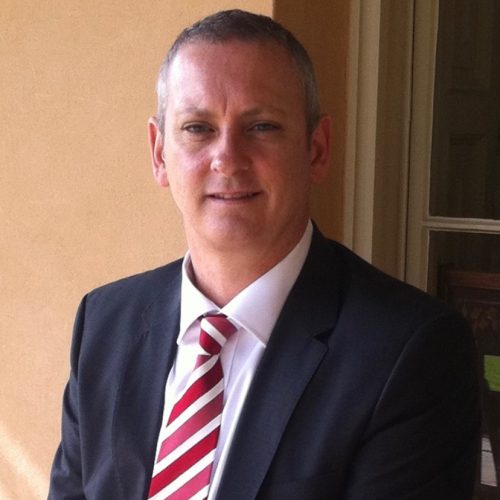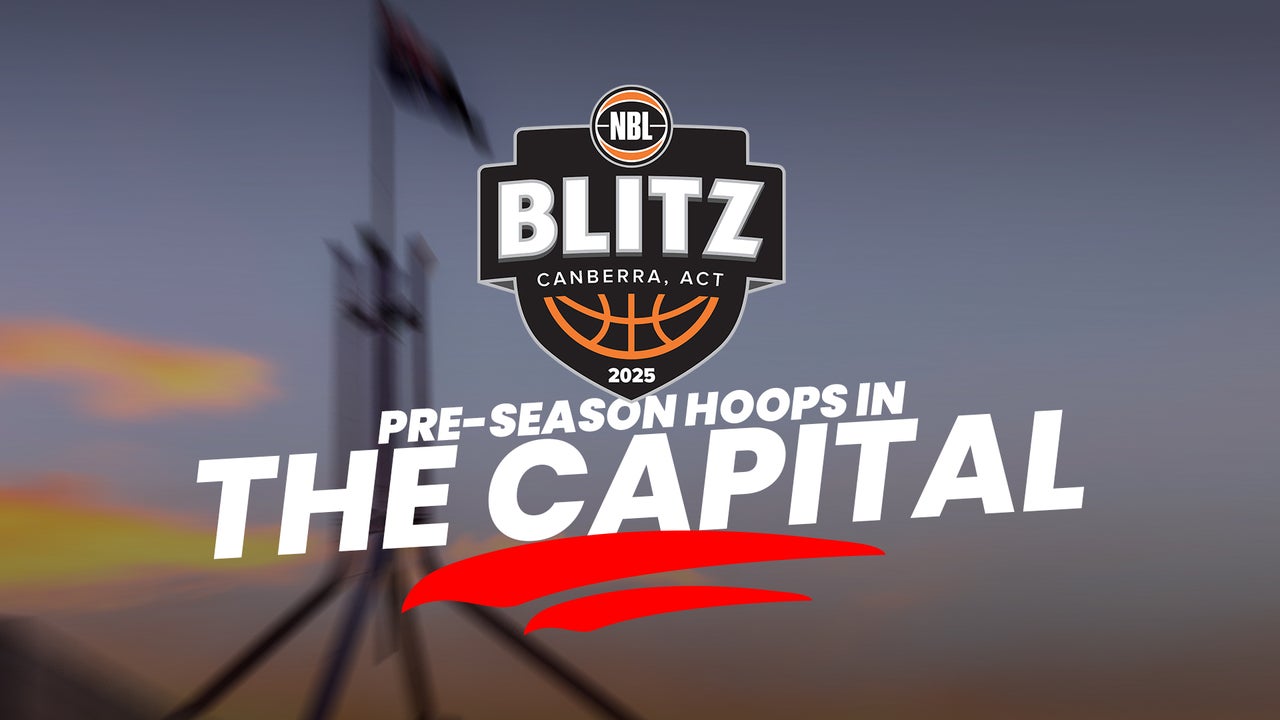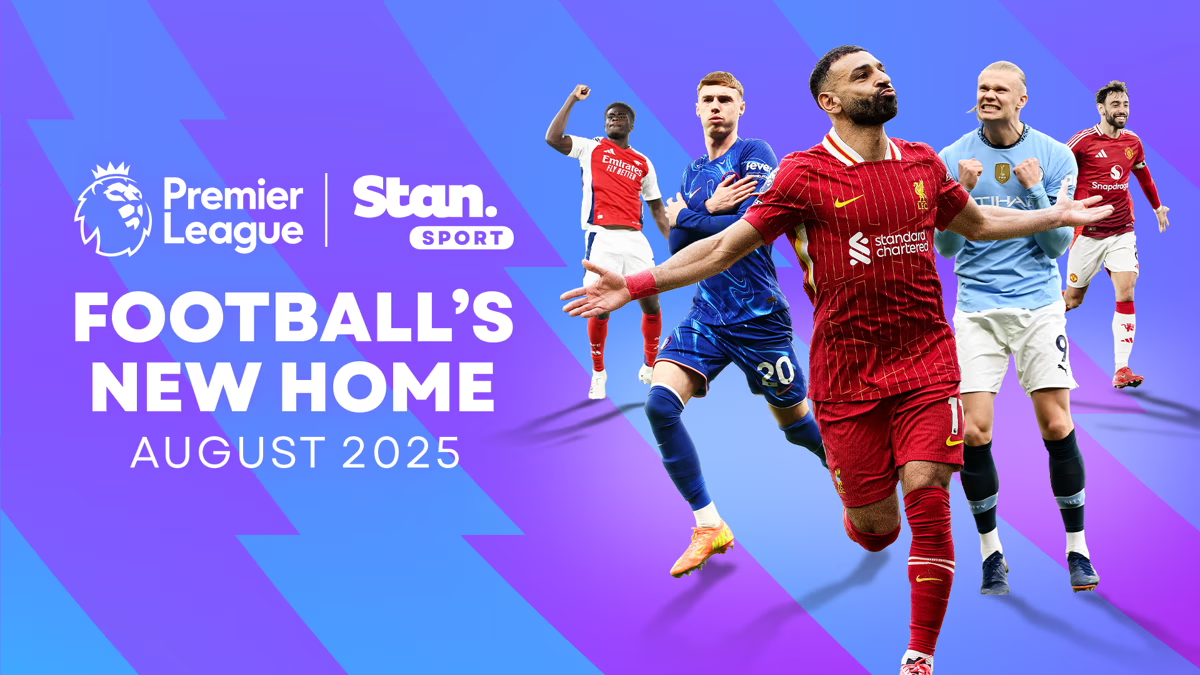[mkdf_dropcaps type=”normal” color=”#f55549″ background_color=””]F[/mkdf_dropcaps]
ollowing the recent announcement of the creation of a new national professional swimming competition, the Australian Swimming League (ASL), ASL CEO, Stuart Coventry, spoke with Ministry of Sport about the commercialisation and logistics of the new competition.
The inaugural season of the ASL is set to begin in Q4 2022 following a strategic partnership between the ASL and Swimming Australia, which was announced on Monday, and hopes to bring elite swimmers from Australia and the rest of the world together to compete annually.
Coventry said the ASL will remain a separate commercial entity to Swimming Australia but plans to work closely with the national sporting organisation to deliver the best product possible.
“If you look at other sports with private investment into leagues on the side, there’s been somewhat of a disconnect, whereas our mantra is to make sure we work very closely with Swimming Australia,” Coventry told Ministry of Sport.
“From a rights perspective, that’s very much the way the agreement has been drawn up.
“ASL has operational and commercial rights, really strong event experience and obviously a passion for the sport, and Swimming Australia brings that long term industry expertise, resourcing availability and will also support from an event delivery point of view.
“We look at this as enhancing Swimming Australia’s commercial and broadcast value.
“The ASL sits on its own as a commercial property and we think it’s got some terrific value, but we are very conscious on trying to work with Swimming Australia to make sure we fit in the landscape well and create some scale in the market for commercial assets.
“We definitely want to sit alongside everything they do rather than have any competitive intentions whatsoever.
“It’s a good match and now we can work together to make it work considering swimming is definitely one of the most popular sports in Australia.
“Most of our market research and concept testing has shown overwhelming support from all stakeholders in the swimming industry and that this type of competition can definitely work in Australia.
“Having been involved with the Big Bash League (BBL) for seven years and seeing the massive growth in that time and how you can bring a league up and be commercially independent, that’s crucial for us to look at how other sports and leagues have had that success.
“We positioned the ASL as new and a much different asset to traditional swimming assets.
“It’s a new elite sports league and if you look at how many elite sports competitions come up in a year across swimming, there’s not too many.
“Obviously we’ve got the big one coming up next week (Olympic Games), but that’s only every four years, the Commonwealth Games is every four years and World Championships are every two years, but there’s not much else apart from state competitions.
“That’s a real key driver to create an elite sports competition.
“Major athletes can not only swim and work in a team environment, but also compete against each other and hopefully against overseas athletes as well,” he said.
On Swimming Australia’s existing broadcast partnership with Amazon, and what this means for the ASL’s broadcast options, Coventry said: “We’re sitting back at the moment looking at the options on the table for broadcast.”
“We’re looking at having an event in October, and if we don’t get a broadcaster in for that we won’t be concerned, we’re just focused on running the event and showing the key stakeholders what we can do and show what we are trying to achieve as a brand.
“Then we are looking at a full league in Q4 next year.
“We need some time to build it, we’ve seen some new leagues across the country in the past five years and most of them popped out through existing sports and on the success of the BBL at its peak when 80,000 people watched the Melbourne Stars and Renegades at the MCG in 2016.
“We’re going to be very careful about how we invest in the ASL and make sure it has all the backing of the major stakeholders in the sport, which it does, so it’s onwards and upwards,” he said.
When asked about the interest in the league by Australia’s top elite swimmers, Coventry said there’s a lot of positive feedback and he believes they will embrace the competition.
“There’s no doubt there’s some serious gold medal contenders in Australia and the feedback from athletes, coaches and Swimming Australia is that this is the kind of competition athletes want to be involved in,” Coventry told Ministry of Sport.
“They want to be able to showcase themselves and not be forgotten in between major sporting events.
“This will enable us to fit within the sports calendar and own that space.
“We completed a coaches and athletes survey four weeks ago and the feedback was overwhelming that they all support the competition and want to be involved in it,” he said.
Initial plans for the ASL will see the season take place over several weeks at different venues across Australia, with the privately owned competition hoping to run an initial ‘opening night’ event in October 2021.







